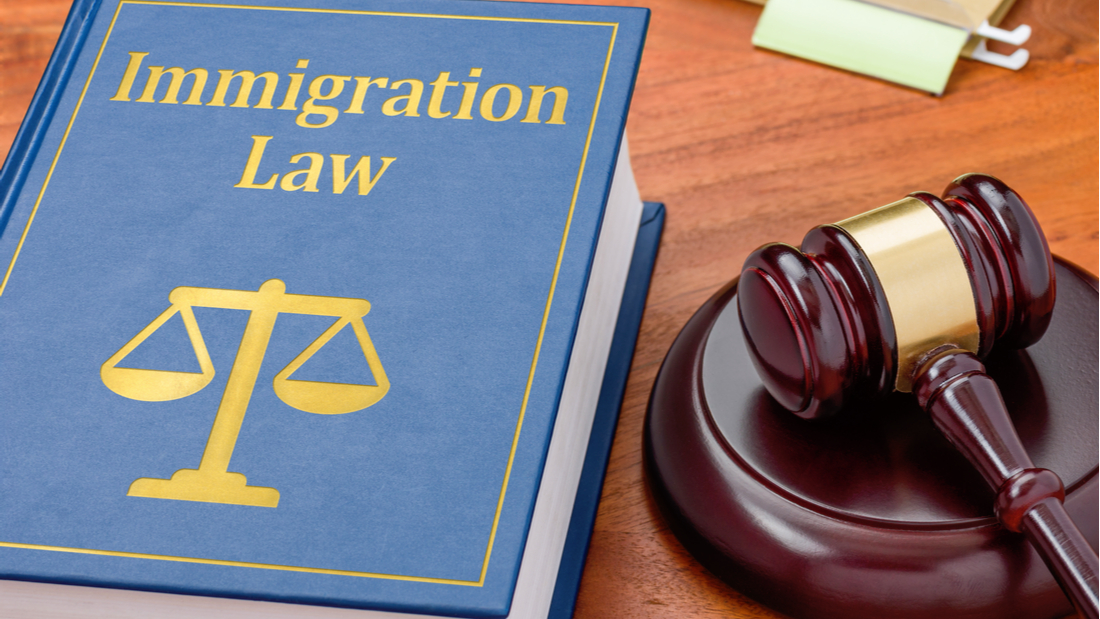Is Teen Sexting a Crime in Florida?
The answer is yes, sexting between two minors is considered a crime in Florida. In 2011, the Florida legislature passed a law that specifically pertained to teen sexting. Children and teenagers under the age of 18 should have some understanding of this law and the penalties for violating it.
Prior to this law, minors caught sexting would be charged according to more severe Florida child pornography laws. While this is no longer the case, the consequences for minors who violate the current law can still be harsh with long-lasting effects for the offender. If a you are a parent or guardian of a minor cited for a sexting violation, seeking the legal counsel of an experienced Miami juvenile defense attorney is recommended.
What is Sexting and Teen Sexting?
Sexting is defined as people sharing nude or sexually explicit messages, typically photos or videos, through the use of electronic communication channels and devices such cell phones, the Internet, social media, and so on. Teen sexting occurs when the above behavior happens between two minors and the messages in question depict minors.
Under Florida sexting law, sexting between two consenting adults is not a criminal activity. However, teen sexting is considered a criminal offense. Minors commit the crime of sexting when they knowingly distribute, receive, possess, or create a nude or sexually explicit image or video of another minor.
If a minor receives an image or video depicting a minor in situations of nudity or sexual conduct, but they (i) did not solicit the image, (ii) did not distribute the image to another party, and (iii) took steps to report the image to a parent, guardian, school official, or law enforcement official, they are unlikely to be charged with violating the Florida sexting law.
What are the Penalties of Teen Sexting?
The consequences minors may face because of sexting vary in severity and depend on the specific circumstances of each case. Generally, punishments get harsher the more offenses a minor is charged with. Any images or videos transmitted or received within a 24 hour period are counted as one offense.
- First Offense — Minor charged with non-criminal violation, could face a $60 fine, 8 hours of community service, and/or mandatory classes on the dangers of sexting.
- Second Offense — Minor charged with first degree misdemeanor, could be faced with steeper fines, probation, and/or placement in a juvenile detention center.
- Third Offense — Minor charged with third degree felony, could face a prison sentence of up to 15 years and may be required to register as a sex offender.
To learn more about the Florida sexting law and Florida child pornography laws as they pertain to juvenile defendants, speak with a seasoned Miami juvenile defense attorney. The attorneys at Pimentel & Castillo are experienced at defending juveniles from criminal charges, including sexting violations. If you are a parent or guardian of a minor that is facing teen sexting charges, call us today for a free consultation.




